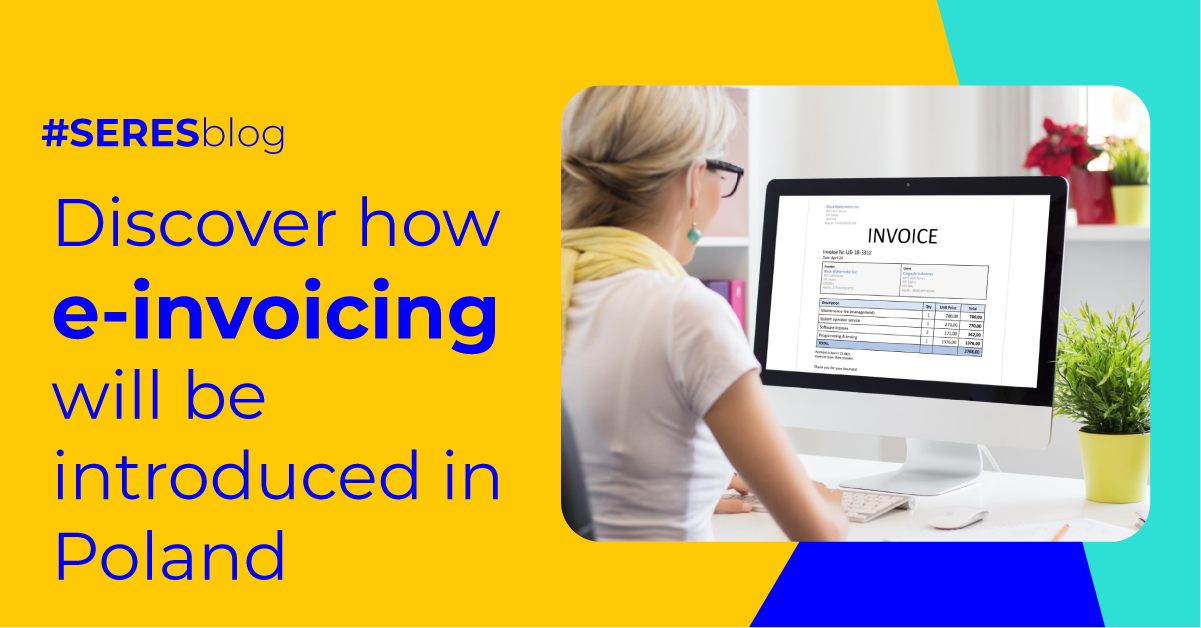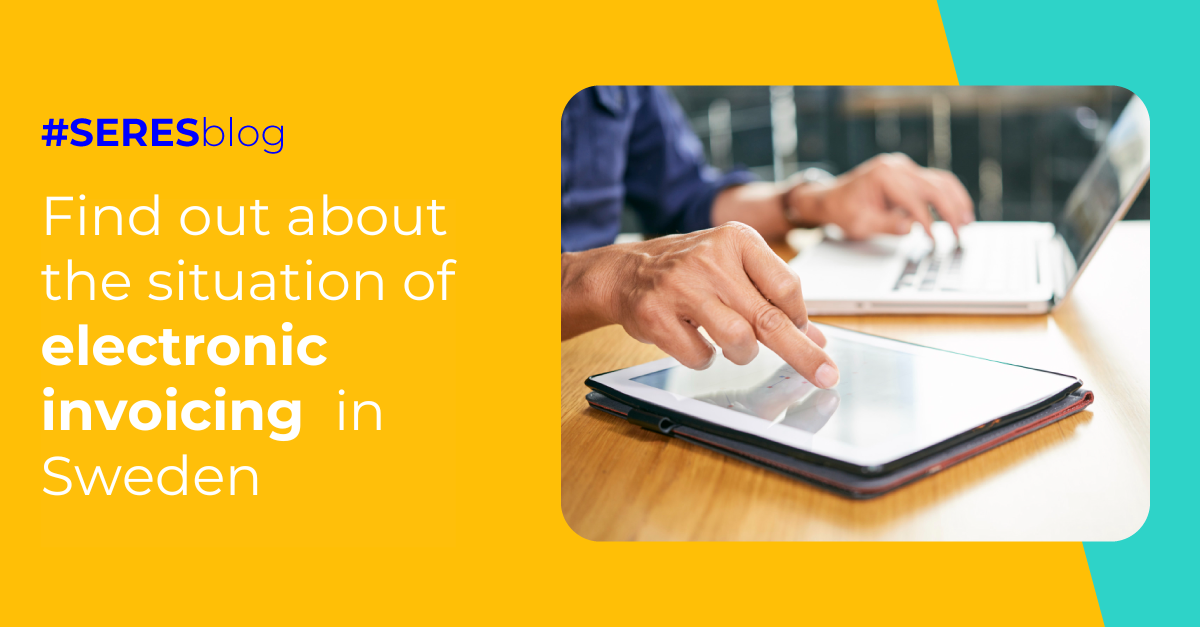B2B e-invoicing in France: mandatory in 2026
France has confirmed a series of simplification and deferral measures for the future electronic invoicing and reporting obligation. These measures will go into effect on September 1, 2026.
On October 1, the French administration promulgated an update to the information regarding the accreditation process for "plateformes agréées" (accredited platforms). An accredited platform is defined as a digitization operator responsible for the following:
- Send, receive, and process electronic invoices.
- Extract relevant data for tax authorities.
- Manage the details of your transactions and payments.
Conversely, a series of simplification and deferral measures have been proposed for the prospective obligation of electronic invoicing and reporting. This set of proposals aims to facilitate the transition for companies, particularly with regard to international and business-to-consumer (B2C) transactions.
- There is less information on invoices. The information on invoices for international purchases will no longer be included in electronic reports.
- Simplification for B2C: You don't have to count transactions in electronic reporting for transactions with end consumers anymore.
- Taxpayers won't have to submit electronic reports if they have no information to declare.
- Data range: The data that will be sent to the Administration will be decided, so there won't be any need to send more information.
- Transactions outside the EU: Transactions between French taxpayers and other non-EU countries that include foreign VAT will not be included in electronic reporting.
- Here's an easy way to calculate VAT: A simple way to figure out VAT on profit margins in B2C transactions, like using the average margin rate, is introduced.
- Penalties will not be applied to entities that do not have a SIREN number or whose SIREN is not listed in the Directory.
- Postponement of obligations: The requirement to use electronic invoices for non-established taxpayers, transactions in France, and international acquisitions is delayed until 2027.
Key components of electronic invoicing in France
With the new rules about electronic invoicing, some parts of the digital ecosystem will start to work. This ecosystem includes the Portail Public de Facturation (PPF), the Plateformes de Dématérialisation Partenaires (PDP), the SIREN/SIRET identifiers and the XP Z-012 technical document.
Each of these systems plays a specific role in making sure that electronic invoices and reports can be exchanged securely and reliably in France.
What is Portail Public de Facturation?
The Portail Public de Facturation is the public invoicing portal managed by the DGFiP. Its main job is to manage and oversee the exchange of electronic invoices and tax reports between companies and the administration. Its functions include:
- It acts as a central data hub.
- It manages the main list of registered companies (both recipients and suppliers).
- It receives billing data from PDPs and sends it to the DGFiP.
The PPF works with Chorus Pro, but it doesn't replace private platforms.
What are Plateformes de Dématérialisation Partenaires?
PDPs are private digitization platforms that are accredited by the French tax authority. They will connect companies to the French tax system. They play an essential role in the electronic invoicing model that France aims to implement:
- They will send and receive electronic invoices.
- They will make sure that different platforms can work together and that they can connect to the public invoicing portal.
- They will collect and report the required tax information to the state.
- They will make sure that the work follows the rules and European standards.
SIREN/SIRET identifiers
These are company identification numbers in France. The SIREN is a 9-digit number that identifies the parent company, while the SIRET is a 14-digit number that includes the SIREN and a 5-digit NIC code used to identify each establishment or branch of the company.
In the field of electronic invoicing, they will enable each issuer and recipient to be uniquely identified and facilitate the interoperability and traceability of transactions.
Document XP Z-012 and its latest versions
On June 13, the AFNOR Standardization Commission published a document that gave instructions on how to use the latest version of the XP Z12-014 electronic invoicing standard (updated on July 31).
The French document called XP Z-012 was created by AFNOR. It explains the rules and technical standards for the national system of electronic invoicing and tax reporting.
In May 2025, the AFNOR Commission published document XP Z12-013, which defined the API standards for electronic tax reporting and electronic invoicing in France. This was part of the French and European tax reform (ViDA).
This document includes:
- Here are the details about how structured invoices should be formatted (Factur-X, UBL, or CII).
- Share information about how to work together between PDP, PPF, and companies.
- The technical and security requirements are in place to make sure that the system works with other systems and meets European standards.
A new version of Factur-X 1.07 was also released. This update was made to comply with the new regulations for electronic invoicing in France.
Current status of B2B electronic invoicing in France
The French government has initiated a program entitled "generalization of electronic invoicing" with the objective of promoting the digitization of commercial transactions.
This results in enhanced competitiveness for companies by optimizing payment terms and streamlining invoicing processes.
In the final months of 2024, the DGFiP (Direction générale des Finances publiques) announced its intention to implement B2B electronic invoicing in France through a 5-corner model. Consequently, companies are obligated to utilize a PDP (Plateformes de Dématérialisation Partenaires) to issue, transmit, and receive electronic invoices.
SERES is a leader in international electronic invoicing. It acts as a Plateforme de Dématérialisation Partenaire (PDP) certified by the French tax authority, the DGFiP. This ensures compliance with the new B2B electronic invoicing model in France. Its technology makes sure that electronic invoices are issued, received, and sent securely. It also makes sure that invoices can be traced and followed by the relevant regulations.
The French administration has announced its intention to collaborate with various entities, including platforms, federations, and software developers, with the aim of enhancing the digitization of electronic invoicing. At this juncture, the PPF (Public Invoicing Portal) will restrict its functionality to the management of a directory and the collection of data from the PDPs (Associated Digitization Platforms).
The DGFiP has published new technical specifications for B2B electronic invoicing and B2C reporting, including a new model for the PPF data center and directory, interoperability for accredited providers, and submission of transactions to the administration. Presently, the DGFiP has formally endorsed over 70 dematerialization platforms.
Each company will be identified by its SIREN/SIRET number, ensuring interoperability and secure services through the PDPs, which will also manage flow 1 and electronic tax reporting.
According to the provisions stipulated in the 2024 finance law, the implementation of electronic invoicing will be a gradual process. Beginning on September 1, 2026, all companies will be obligated to receive electronic invoices, and both large and medium-sized companies will be required to issue them. One year later, on September 1, 2027, the obligation will be extended to small and micro-enterprises.
When will B2B e-invoicing be implemented in France?
In accordance with the regulations, all companies with a tax domicile in the country are required to utilise electronic invoicing.
However, the ordinance stipulates that all taxpayers who are exempt from VAT are exempt from the obligation to submit invoices in electronic format. In accordance with Article 261 of the General Tax Code, the entities include those engaged in the provision of health services, educational services, and non-profit organisations, among others.
In order to facilitate the implementation of electronic invoicing in companies as much as possible, and as has occurred in other countries, a schedule of obligations has been designed for this purpose in France:
- November 2024. The PDPs will start choosing candidates to join them. This will happen at the same time as the PPF pilot test.
- December 2024. A review of the specific conditions of the public billing portal.
- January 2025. The PDP pilot phase is starting.
- March 2025. All PDPs can join the pilot test.
- October to December 2025. This is the time when we will do tests to make sure that the different systems can work together. At this time, all PDPs must be registered.
- September 2026. B2B electronic invoicing and electronic reporting will become mandatory for large and medium-sized companies (> 250 employees and > €50 million in turnover / > €43 million in balance sheet total). However, there is the possibility of extending this by three months, until December 2026.
- September 2027. Mandatory electronic invoicing and digital reporting for businesses will be expanded to include small and very small businesses that don't exceed the above limits. You can also extend it for another three months.
B2G e-invoice in France
The implementation of e-invoicing in the French public sector commenced in 2017 and was concluded within a three-year timeframe. As of 1 January 2020, French companies were required to issue electronic invoices to public administrations.
Conversely, in September 2021, the government enacted Ordinance no. 2021-1190, extending the mandatory use of e-invoicing to private companies.
In July 2025, the French tax authority confirmed that Chorus Pro will remain the official B2G electronic invoicing platform in France, even after the introduction of Business-to-Business B2B electronic invoicing in 2026.
At present, this platform already supports formats that are compatible with future regulations, such as Factur-X, UBL, and CII. Consequently, it is advised that public bodies undertake a review of their invoicing systems and software provider updates, as penalties will be implemented beginning in 2026.
How is the electronic tax reporting project in France?
In line with the mass adoption of electronic invoicing in France, and in compliance with the Finance Act of 2022, the government has also chosen to introduce an electronic tax reporting initiative:
- Transactions between companies subject to VAT and private individuals.
- Transactions between French companies and international companies.
- Transactions in France involving parties not resident in the country for tax purposes.
The timetable for implementing electronic reporting will be the same as for electronic invoicing.



